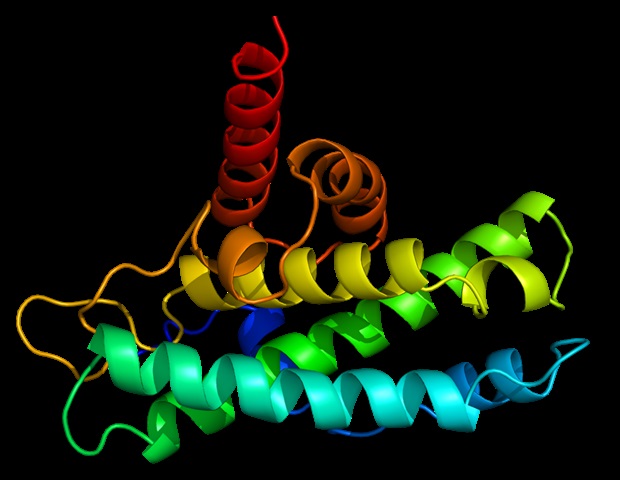
Giant loops of DNA, known as ‘Inocles’, have been discovered in the human mouth, potentially playing a crucial role in oral health and immune system function. These findings, made by researchers from the University of Tokyo, suggest that these loops may reduce the risk of certain cancers.
The Inocles are large plasmid-like structures, extrachromosomal genetic elements found outside the main DNA sequence in many microbes. The research team, led by microbiologist Yuya Kiguchi, believes that Inocles help Streptococcus bacteria adapt to the mouth’s biological environment, acting like survival kits.
Understanding Inocles and Their Discovery
Inocles represent a significant discovery in the study of the oral microbiome. “We know there are a lot of different kinds of bacteria in the oral microbiome, but many of their functions and means of carrying out those functions are still unknown,” explains Kiguchi. “By exploring this, we discovered Inocles, an example of extrachromosomal DNA – chunks of DNA that exist in cells, in this case bacteria, but outside their main DNA.”
The discovery was made through a meticulous analysis of saliva samples from 56 volunteers, followed by further tests on 476 samples to assess the prevalence of Inocles in the general population. The data indicates that about three-quarters of people could be carrying these genetic elements.
Challenges in Detection and Technological Innovations
One reason Inocles had not been identified earlier is their extraordinary size. Traditional DNA sequencing methods involve breaking DNA into smaller fragments, complicating the reconstruction of larger sequences. To overcome this, the researchers developed a specialized sequencing system called preNuc, which removes human DNA from samples, simplifying the analysis of bacterial DNA.
“The average genome size of an Inocle is 350 kilobase pairs, making it one of the largest extrachromosomal genetic elements in the human microbiome,” notes Kiguchi. “Plasmids, other forms of extrachromosomal DNA, are at most a few tens of kilobase pairs.”
“This long length endows Inocles with genes for various functions, including resistance to oxidative stress, DNA damage repair, and cell wall-related genes, possibly involved in adapting to extracellular stress response.”
Potential Implications for Cancer Prevention
Intriguingly, the study found that individuals with head and neck cancer had significantly fewer Inocles in their saliva samples, suggesting a possible protective role against cancer. However, whether Inocles directly prevent cancer or if other factors influence their presence remains to be determined.
The researchers are eager to explore how Inocles function, their potential for transmission between individuals, and their broader impact on oral health. “It’s like finding a book with extra footnotes stapled to it, and we’re just starting to read them to find out what they do,” Kiguchi remarks.
Future Research and Broader Implications
This discovery opens new avenues for understanding the complex interactions within the oral microbiome and their implications for human health. As research progresses, the potential for developing new preventive strategies against cancer and other diseases becomes increasingly promising.
The findings underscore the importance of continued exploration into the microbiome’s role in health and disease. By unraveling the mysteries of Inocles and similar genetic elements, scientists hope to unlock new insights into disease prevention and treatment.
As the scientific community delves deeper into this field, the potential benefits of such research could extend beyond oral health, offering broader implications for understanding the human body’s intricate biological systems.







